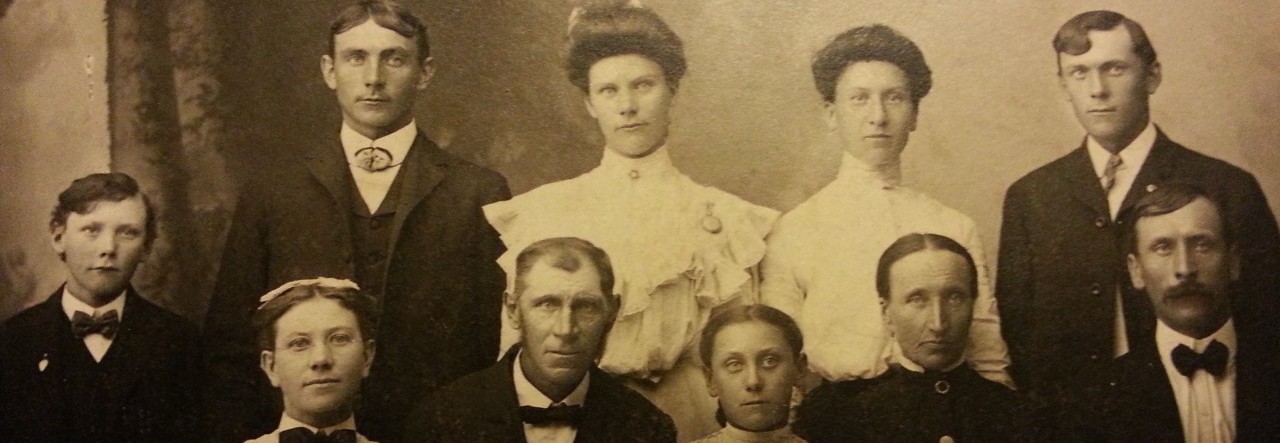Don’t forget about the book giveaway that ends May 1st!!! Go here to sign up!
I had a wonderful weekend in Terre Haute for the Indiana Genealogical Society’s conference! Judy G. Russell was the main speaker and she was as amazing as one would expect! I also got to meet Amy Johnson Crow! It was a bit like meeting a celebrity for me! She is incredibly nice and I loved chatting with her about ideas for society management. She recognized me too! Now that was unexpected but pretty awesome!
One item that was mentioned in one of the sessions I was in was OPA – NARA’s new online public access. I cannot tell you what it used to be for the life of me… if you know, please leave a comment!
What Is It
What is OPA? In the words of NARA, it is “the online public portal to our records and information about our records.” It allows someone to search several of NARA’s resources at one time, which is lovely!
To be more specific, here is what you can find in all the results that come up:
- Online Holdings: these are records from the Archival Research Catalog (ARC) and have digital copies you can download
- Description Only: these are records with no digital copy and is only a description of the record (good for pre-research if you plan on going to NARA)
- Archives.gov: from the Archives.gov website
- NARA’s Authority Files: these tend to contain organizational histories and personal biographies.
For more information on using OPA, go here.
How It’s Useful for Genealogy
Obviously this will depend on what you’re looking for. If you’re looking for information on a specific area or time, this will be a great place to start, especially if you’re looking for information on the 1940 census enumeration districts.
Looking for an individual’s name can also work but obviously it will mostly come up with those most well-known people in most cases. Most of our regular, every-day ancestors won’t show up, however, there is a casualty list from some of the wars (like World War II and the Korean War) that could be very useful. So searching for a surname could bring up some interesting results and is worth a shot! For example, when I typed in Witherell, I found a record in the description only results that involve a court case from 1789! I do not know if that Witherell is related to me but that is still neat to find.
You can also refine your searches by the data source, the level of description, the type of archival materials, the file format (if you wish to download something), the location, and the date.
My favorite part of this search is probably the pictures! With searching for Saginaw, I found a lot of pictures from the annual smelt run in the 1970’s – who knew?!
Examples
I typed in Saginaw in the basic search and got this:
I clicked on the view online holdings the top results were all 1940 census enumeration district descriptions! This can be wonderful if all you know is where an ancestor lived but couldn’t find them in the 1940 census. This way you can at least pinpoint what census record they would be in and you can do a line by line search in the correct place to see if the name had just been completely butchered beyond recognition.
These items are also downloadable, as mentioned. For example, a few pages in to that search I found The Indian School Journal, Volume 7, Number 9 from Sept 1907. One click, and it’s a PDF file on your computer, which also means it’s word searchable!
I refined my search to Saginaw County and looked at more than just the digital holdings. Some of them were really quite interesting!
- Description Only: mostly reports on specific parts of the county
- Archives.gov holdings: these were items like World War I Draft Registration cards, census information – these weren’t the actual images but information on the microfilm that the information can be found on
- Presidential Libraries: by far the neatest item I found! It had the Daily Diary of President Gerald R. Ford who visited Saginaw County on 16 May 1976, where he visited a school I took dance lessons in during my youth (not in 1976 though… my parents had just married at that point!) It even states that he was there at 2:56pm! So neat and so detailed!
- NARA’s Authority Records: these were items on the bar association, the road commission, and the Ridge Road Cemetery to name a few but not a lot of information is given on these groups.
Although using OPA isn’t really the first place a genealogist may look for information, it is a place to think about when making sure you get all the information you can that’s online before visiting say an archive or court house. Just type in Probate in the search and you’ll see what I mean! NARA holds many probate records from a variety of areas in the United States, especially from the Bureau of Indian Affairs. It’s always a good idea to check out what is available on NARA – you may be surprised on what you can find!



